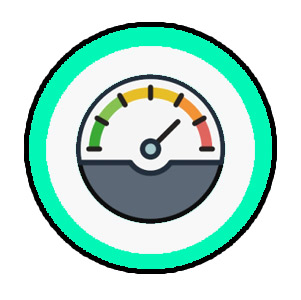

DMAF serves as a strategic tool to evaluate the readiness of cities to effectively utilise data. The third cycle of DMAF was launched in June 2022 and included both, Systemic and Sectoral pillars, comprising of 5 components (Policy, People, Process, Technology and Outcomes) and 4 components (Data Availability, Data Usage, Data Shareability and Data Management) respectively. This was the first time that the Sectoral Pillar has been introduced in the assessment.



The compendium showcases the challenges that cities have addressed using data and analytics and is aimed at helping cities in understanding how and when different data and analytical tools can be leveraged.
It has been built to guide other cities that still encounter the issue of finding the correct data and implementing the use cases based on them. Cities can learn and replicate these use cases to solve similar challenges that they have been facing and scale their use cases to broader service areas and sectors.
DMAF is designed to help cities undergo a process of self-evaluation and embrace a data culture. The second cycle aims to assess the data readiness of 100 Smart Cities on the Systemic Pillar across 5 Components - Policy, People, Process, Technology and Outcomes.







